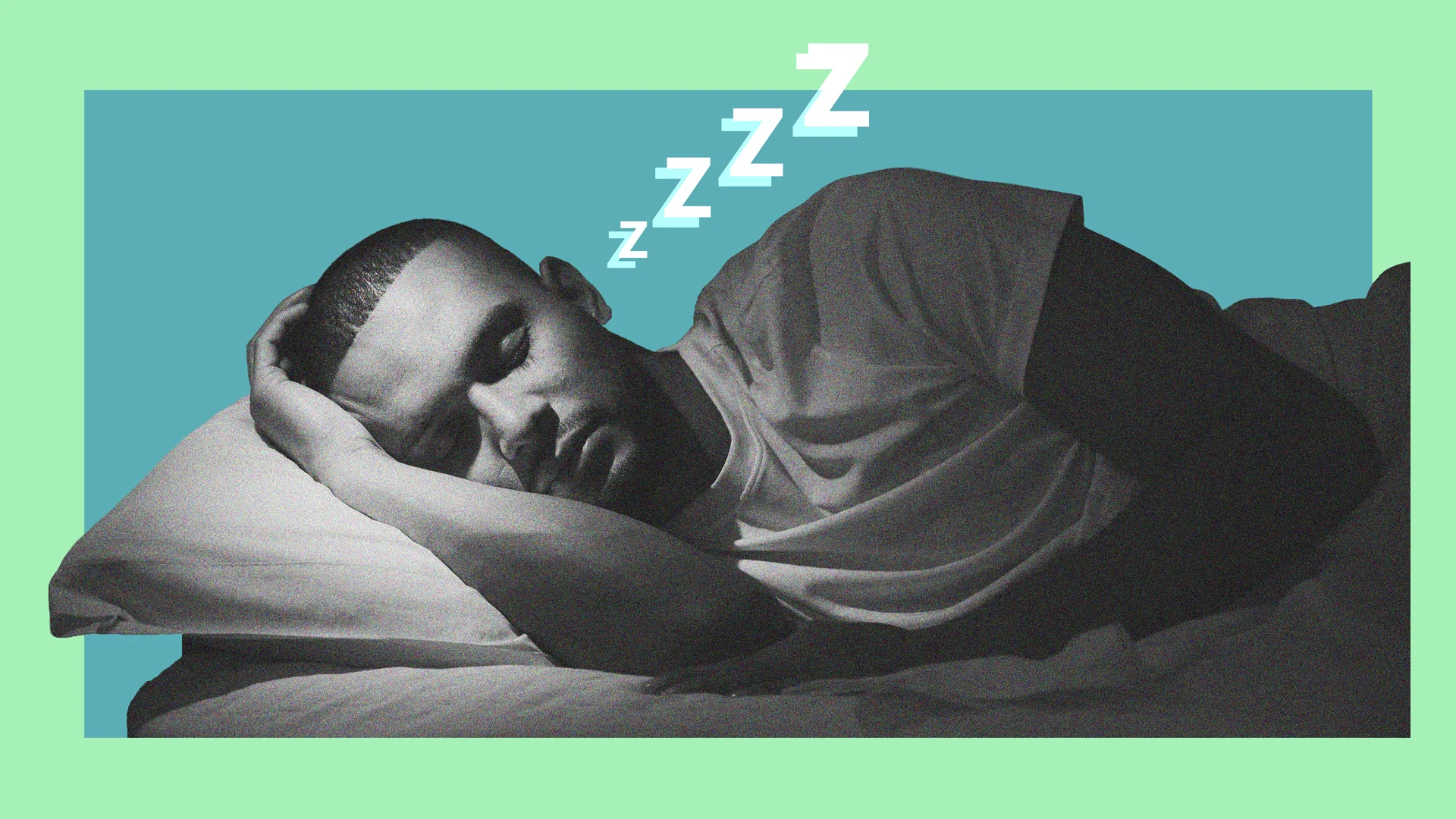
Joe Spector, co-founder of the telehealth company Hims & Hers and founder and CEO of Dutch, a telehealth company for pets, learned the hard way that pulling all-nighters is bad for business. After the chaotic launch of his second company, Spector reprogrammed his sleep routine for optimal performance and better health. He encourages other entrepreneurs to do the same.
“When you’re tired, you’re not productive in conversations, you can’t think strategically. And that has a snowball effect with all the people in your personal life: your family and with workers, for whom you’re just kind of a bad apple at this point,” Spector says.
Dutch launched in July 2021. Before the big day, Spector and his team stayed up all night to prepare for the company’s debut because, “it’s the glorified thing to do.” But the day of the launch, Spector and his team slept in really late to compensate for the lack of Zs. What should have been a celebratory day was spent playing “catch-up.”
It seemed like everything was going wrong — there were technical issues affecting the setup and timing of their marketing plan, Spector says. Because everyone slept in late, they missed a note from the reporter at The Wall Street Journal cancelling their interview due to illness. This journalist was exclusively covering the launch, so Spector’s team had to “scramble” to find another reporter that day.
Featured Video
An Inc.com Featured Presentation
“Our first actual launch day was a mess because we didn’t wake up ’til late, and we weren’t prepared for the actual launch,” Spector says. “The launch of Dutch was one of the final straws that made me shift to getting more sleep.”
Spector isn’t the first entrepreneur to advocate for getting more sleep — Arianna Huffington, founder of The Huffington Post, famously collapsed at her desk from sleep deprivation in 2007. She’s championed healthy sleep and wellness ever since.
It’s not only entrepreneurs, many Americans aren’t getting enough sleep either — 20 percent consistently get five hours or less every night, according to a Gallup poll. Dr. William Lu, medical director at Dreem Health, a telehealth sleep company, says small adjustments can significantly improve sleep quality. Spector made those changes after the “messy” launch of Dutch, and encourages all ambitious professionals to do the same.
Here are four ways Spector got better Zs, and how you too, can sleep like a CEO:
No more all-nighters
Some founders treat all-nighters like a badge of honor or a demonstration of how hard they’re willing to work to make their company successful. But seriously, it can wait until morning, Spector says. Unless there’s a “fire,” meaning a legitimate emergency, you should always aim for the same bedtime, he says. For Spector, that means hitting the sheets at 9 p.m.
He noted it can be tempting to get more work done in the evening because there’s “always something more to do,” but it’s not worth it. Even staying up an extra two hours can “ruin the whole day tomorrow,” by not being fully rested, he said, addding that he wishes he’d taken this advice when launching Dutch.
“Going to bed earlier would have at least given us the rest that we needed in order to come at that day from a position of power, as opposed to not having enough gas in the tank and then catching up to everything,” Spector says.
Wake up earlier
Instead of burning the midnight oil, Spector starts work earlier to tackle more items on his to-do list. He isn’t naturally an early bird, so the transition was an adjustment. It helped that his wife is a morning person — and after the birth of their child, Spector says he had no choice but to become one because “that’s when they wake up.” He now rises at 5 a.m. every morning — like more than 23 percent of Inc. 5000 CEOs. The majority of them (40 percent) are out of bed at 6 a.m.
While Spector’s personal life fast-tracked him to become an early riser, Dr. Lu says it’s possible to “re-train your circadian rhythm.” He recommends setting your alarm 15 minutes earlier every couple of days, until you achieve the wake-up time you want. Keep in mind, he says, we are “creatures of the sun,” and are programmed to wake when the sun rises. So make sure you have some sun exposure in your bedroom.
Exercise in the morning
Spector used to work out after work — exercise is supposed to promote restful sleep, right? But he still felt wired around bedtime. Dr. Lu says that’s not surprising because exercise releases adrenaline and endorphins, giving you more energy. Exercise promotes sleep when it’s performed earlier in the day, he says.
After changing his wakeup time to 5 a.m., Spector started lifting weights in the morning before work. The difference was immediate — by 9 p.m., he wanted to go to bed.
No coffee after noon
Spector used to drink coffee when he worked late. While it gave him energy to “power through” his workload, it made it difficult to fall asleep when he finally went to bed. Now, he only drinks coffee before noon.
Dr. Lu says the effects of caffeine in a single cup of coffee stay in our bodies for five hours after consumption. Cutting out coffee at 12 p.m. is essential if you want to go to bed at a decent hour, he says.
As the founder of two tech-oriented companies, Spector understands how tempting it is to pour all of your energy into working late nights — but it will ultimately hurt your progress in the long run.
“Building a company is a marathon, not a sprint. In order to survive the marathon, I have to be disciplined about my sleep, or I’m going to quickly burn out,” he says.



